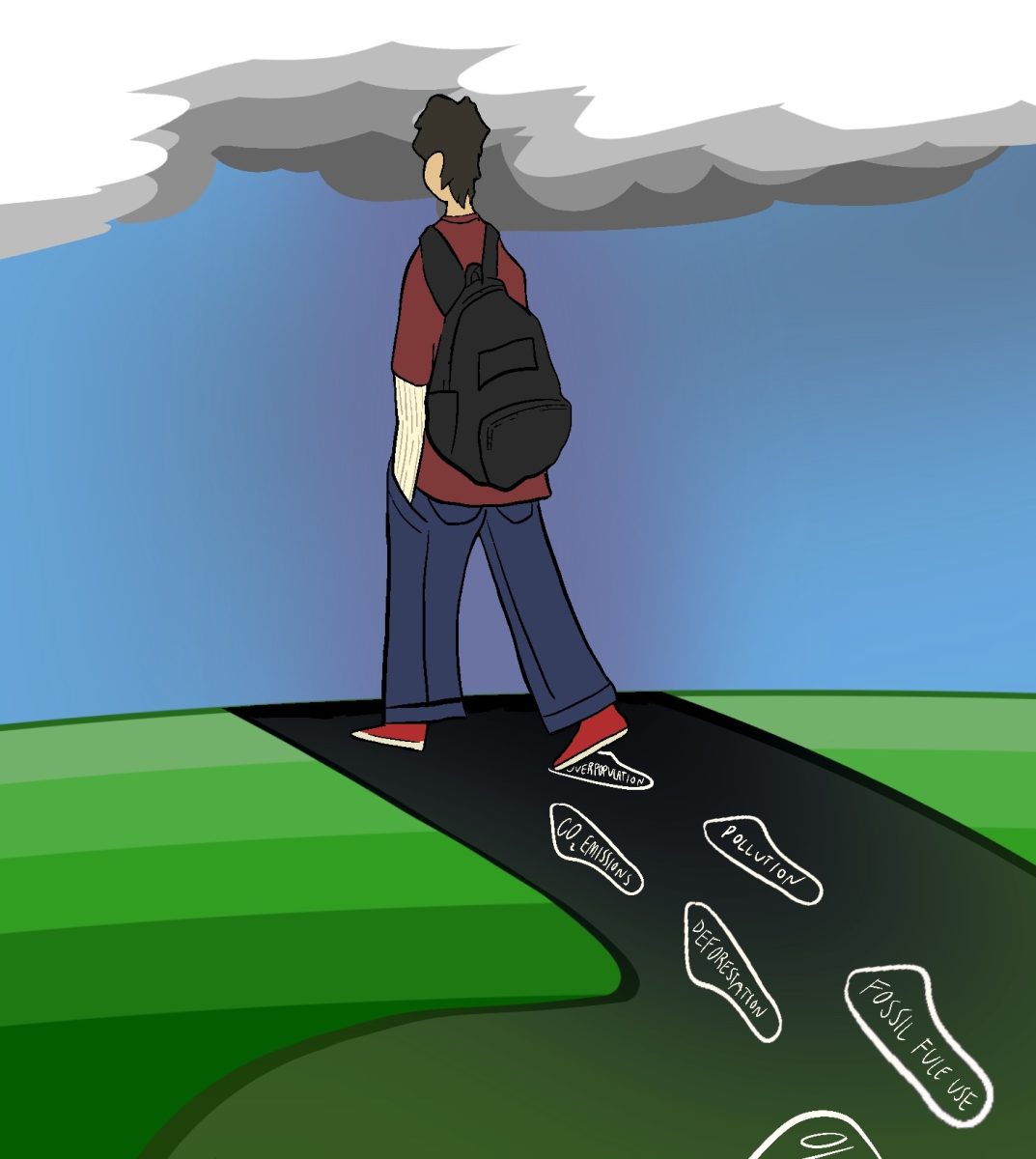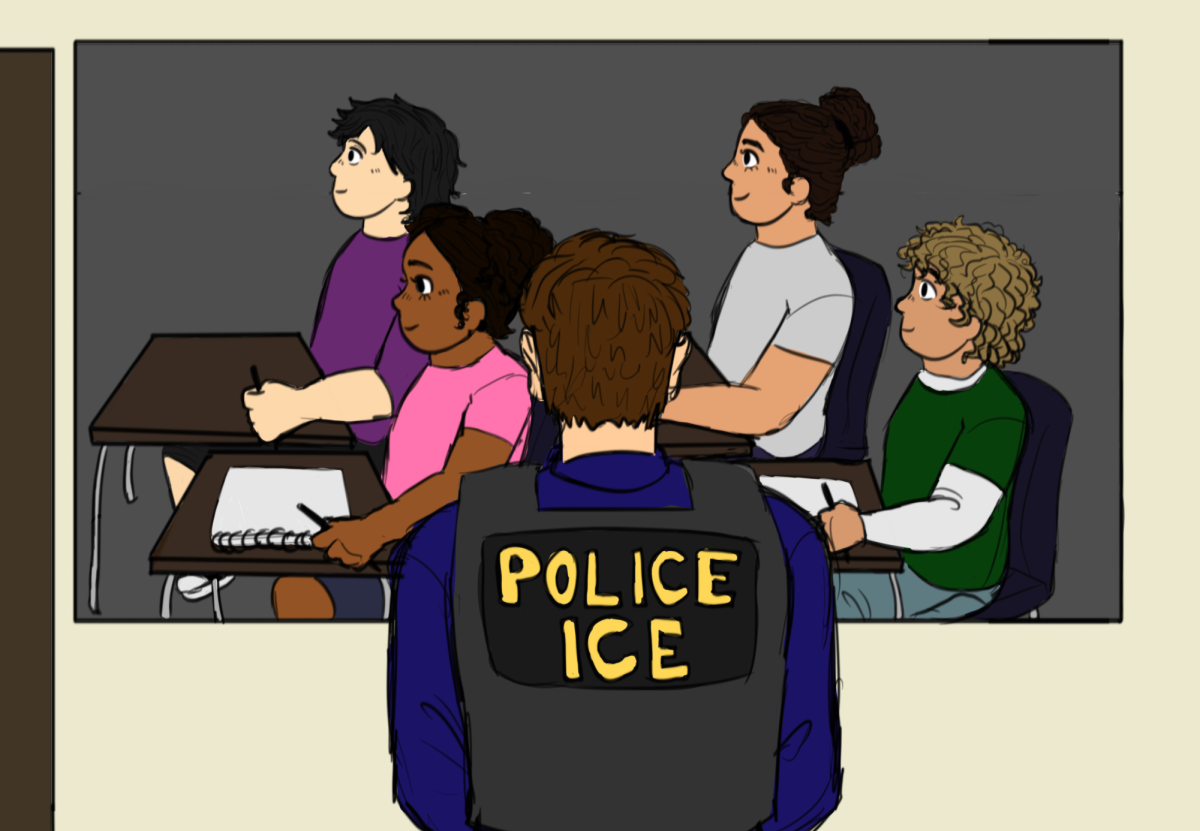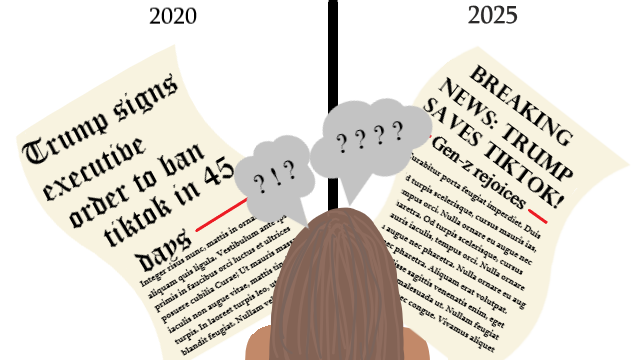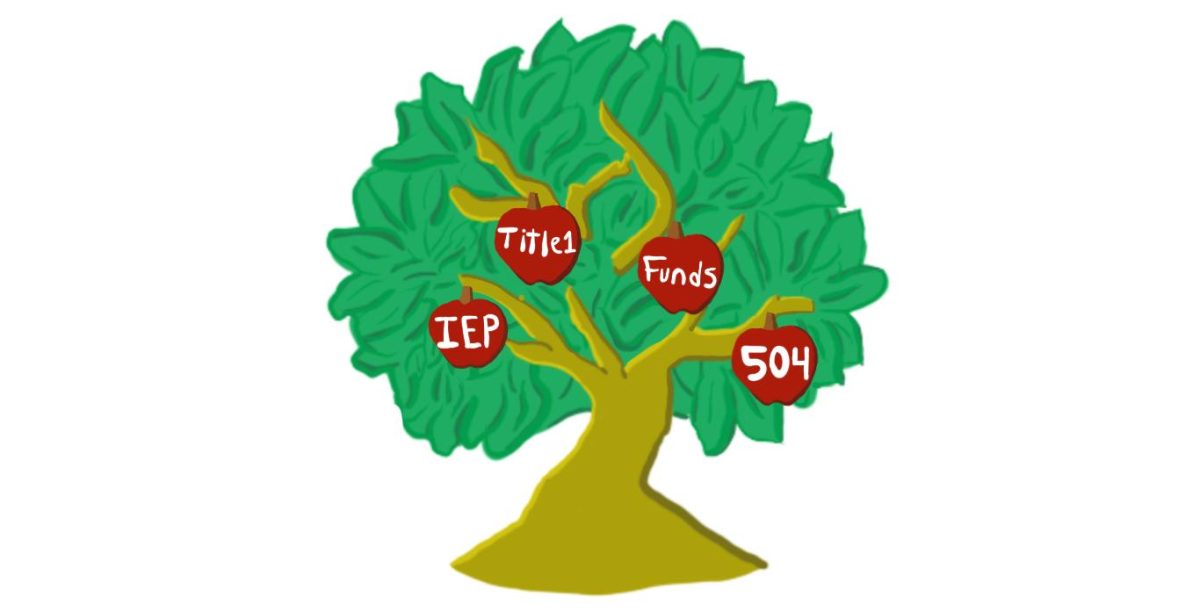Throughout the years, climate change has had a dramatic increase to the community and has become a notoriously difficult problem to handle. According to NASA’s article “What is Climate Change?” written by Sandra May, she shares that climate change is defined as a change in the regular weather which is discovered in a certain area. This could possibly lead to a change in how much rain a certain area normally gets in a year or could change the temperature in the area for the month or season. As a result, schools should hold climate change education weeks to benefit the community by devoting time towards environmental issues. As climate change exacerbates, it’s important for students to know more about the causes of climate change in an active way, through climate weeks.
Climate change is caused by many different factors but is mainly caused by the use of fossil fuels and oils. Since people are the ones who need fossil fuels and oils to produce electricity, they are the main contributors of climate change.
Including more weeks at schools to educate students about climate change is crucial to further spread awareness to the community within the environment. Climate weeks are beneficial in numerous ways that could have an overall effect towards a positive difference. However, Bonita Vista High (BVH) does not provide students with consistent educational weeks on fighting against climate change.
According to the United States Environmental Protection Agency, in the article “Causes of Climate Change,” they mention that due to the Industrial Revolution, individuals have released a large amount of carbon dioxide and other greenhouse gasses into the atmosphere, causing the earth’s climate to change. As a result, there have been drastic changes in the earth’s climate that will further cause natural disasters such as the recent Hurricane Hilary, floods, and the sun’s energy.
Climate change has affected the community in a variety of ways that will continue to in the future. “Climate Change and health” reports that between the years of 2030-2050, climate change is expected to cause very dramatic population changes, including “250,000 additional deaths per year from malnutrition, malaria, diarrhea and heat stress.” This is due to climate change affecting clean air, safe drinking water and can cause potential damage to housing. A way to prevent these affecting causes in the future is by students becoming aware of the challenges our planet faces and the actions they could change to mitigate the effects.
Due to all that is happening to the Earth as a result of climate change, it is becoming increasingly important to educate the younger generation on climate change. Since in the future they are the ones responsible for climate change. The community can see efforts to educate the youth: in high schools, they have taken part in climate weeks where others learn details on climate change.
Having students recognizing how climate change is going to shape their futures could benefit them later on. Awareness will give them the opportunity to prepare for changes and find ways to take action to fight against global warming. The more climate weeks the more students have the opportunity to educate them about green skills, adapt to the harsh reality of a warming world, and understand how to combat climate change. Climate Education in the U.S. explains how “They need to learn the basics of climate change before they can do anything about it.” Leading to have more climate weeks to schools for students and even staff members to learn more benefits.
“The importance of Climate Change Education” mentions that learning the knowledge of climate change regarding this phenomenon helps students and staff members to understand and tackle the consequences of global warming. It also encourages individuals to change their behavior.
Some may think it’s important to include more climate weeks in school because people should be more aware of the impact of their own actions and how it reflects on the environment. Adding more climate weeks for students and staff could advocate for the better of our earth.
According to “Climate Education in the U.S.” they share a poll from a 2020 study that given 16 percent of secondary school students around the world in middle and high income countries studied climate change, it would result in cutting almost 19 gigatons of CO2 by 2050.
Public awareness is a key thing students should learn. Individuals that are discovered and aware of risks may begin to normalize risks. Based on “Why is raising awareness on Climate change” states “Climate change awareness is often considered essential to public support for mitigation and adaptation policies. Climate change is a serious problem, and its consequences are evident”
Climate change has been overlooked since many people automatically link it to something that can affect them or may even go as far as to believe it does not exist. Some teachers even started to take charge and arrange their own climate week for students to learn what’s to come in the future and to prevent the changes to come sooner.








